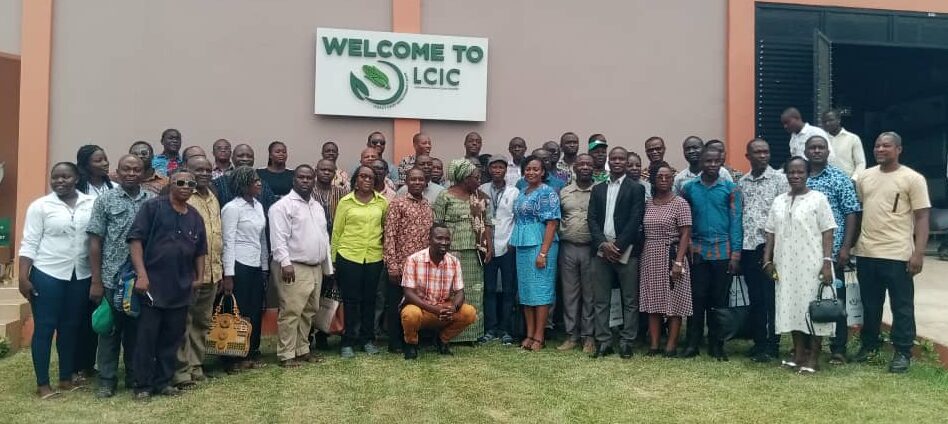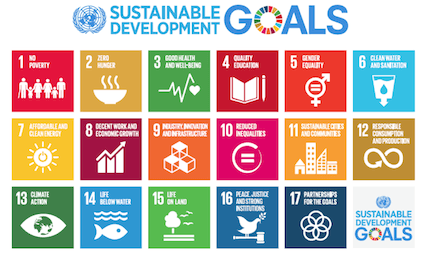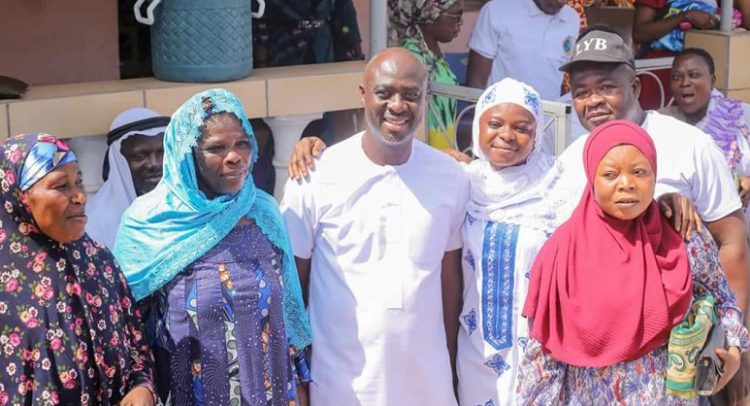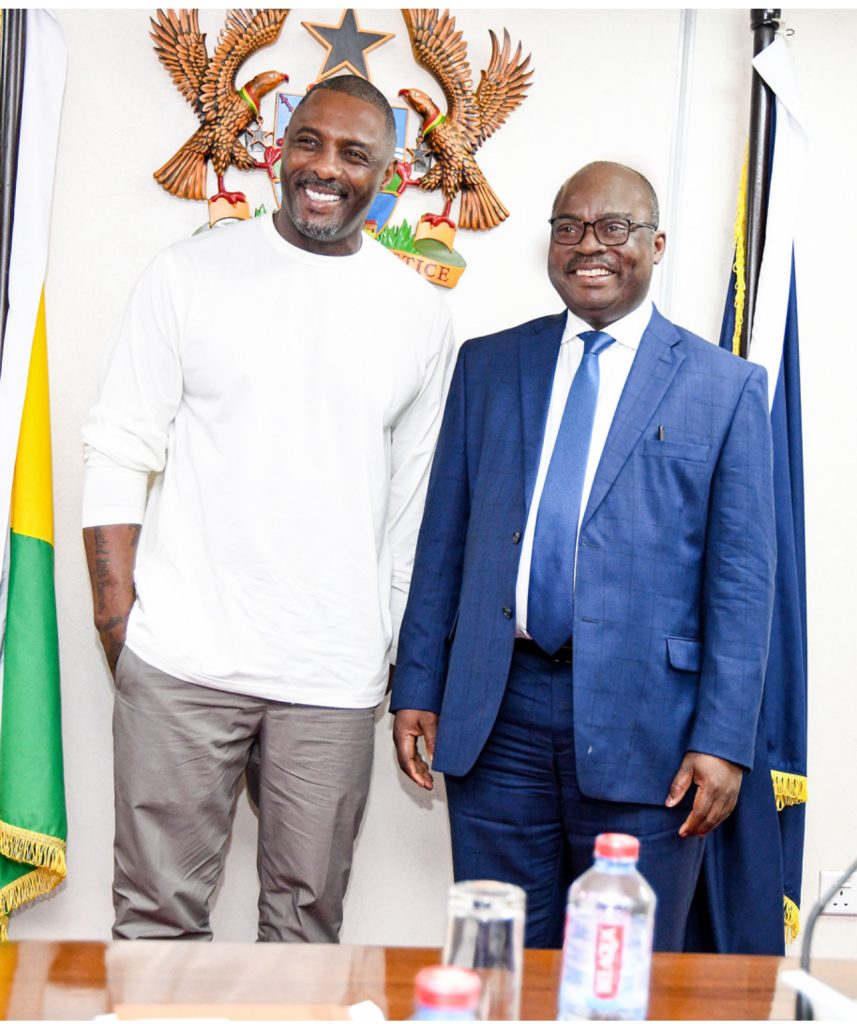
By Joshua AMLANU
The seed industry is seeking stronger public-private partnerships (PPPs) and renewed government investment to sustain agricultural growth as donor support continues to decline.
Sector leaders warn that without fresh capital and infrastructure upgrades, the country risks falling behind in food production and job creation.
In an interview following the 6TH national seed business and networking forum (SEEDLINK 2025) opening, under the theme ‘Investing in the Seed Industry: A Prerequisite to Feed Ghana’, President-National Seed Traders Association of Ghana (NASTAG) Seidu Mubarak Abdullahi said the country’s ability to achieve its ‘Feed Ghana’ initiative depends largely on the health of its seed sector.
“For agriculture, everything starts with the seed,” he said. “Without the right seed, it is difficult for us to increase the yields that we are looking at.”
Mr. Abdullahi noted that the COVID-19 pandemic demonstrated Ghana’s capacity to rely on its domestic seed system when global supply chains were disrupted. Yet, he added, the sector continues to face wide investment gaps that limit the production of high-quality seeds and push the country to import certified seeds, costing foreign exchange and jobs.
He estimated that Ghana requires more than US$100million in investment to expand seed farms, cold storage facilities, irrigation infrastructure and processing plants.
“The seed industry in Africa is worth over US$3billion,” Mr. Abdullahi said. “Unfortunately, in Ghana we lack many of the key investment activities needed to take advantage of this potential.”
The sector’s 2013 national seed policy, now over a decade old, has not kept pace with new technologies and climate challenges, Mr. Abdullahi said. NASTAG is pushing for a comprehensive review by 2026 to integrate biotechnology, hybrid seed development and climate-smart practices.
“Things have changed,” he said. “The climate is also one of the major things that is happening. We need a policy that reflects what has changed in the last 12 years.”
As part of its policy recommendations, NASTAG is calling for an immediate halt to seed imports. If that is not feasible, the association proposes higher tariffs on imported seeds, with the revenue reinvested into local production. Mr. Abdullahi said such a dual approach would both curb cheap imports and provide funds to strengthen domestic capacity.
The decline in donor funding, including withdrawal of a major USAID project earlier this year, has intensified pressure on the sector. Abdullahi called on government and private investors to step in.
“A lot of the funding within the agriculture sector is donor-supported,” he said. “We are calling for more partnerships – public-private partnerships, development partners’ support and investment from industry players.”
Professor Michael Osae, Chairman of the 6TH national seed business and networking forum (SEEDLINK 2025), echoed the call for investment – saying local researchers have developed several high-yielding, climate-resilient and nutrient-enriched crop varieties, including new strains of cowpea, soybean and maize. However, he said commercialisation remains limited because few seed companies have the capacity to produce certified seeds at scale.
“Varieties are different from seeds,” Prof. Osae explained. “A variety may be very good, but if the seed system is not good you will not get quality seed.”
He added that poor storage infrastructure, particularly lack of cold storage, undermines seed viability and germination rates.
The post Seed sector seeks PPP boost as donor funding wanes appeared first on The Business & Financial Times.
Read Full Story


























Facebook
Twitter
Pinterest
Instagram
Google+
YouTube
LinkedIn
RSS